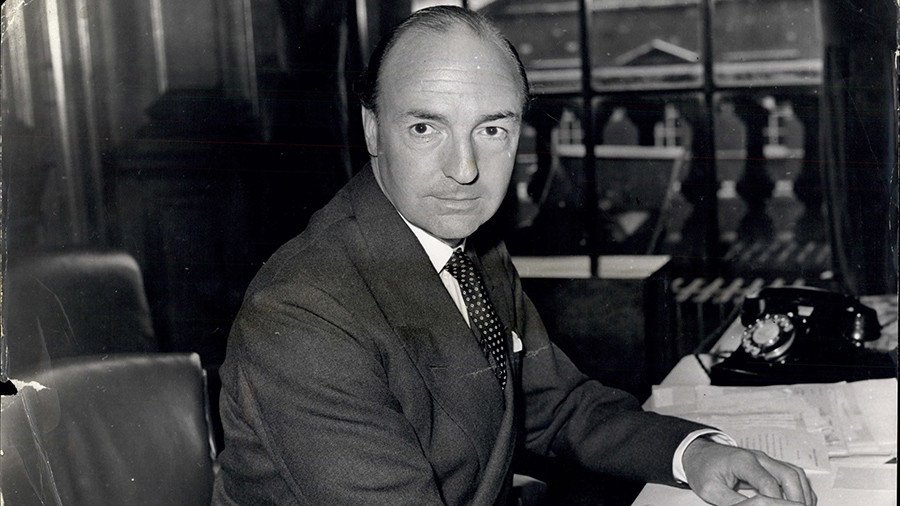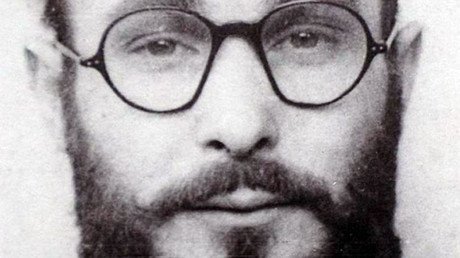Declassified MI5 files expose Tory minister Profumo’s love letters to Nazi spy

Tory minister John Profumo was for years in correspondence with a glamorous Nazi spy, sending her love letters on Commons headed notepaper, newly declassified MI5 records suggest. Profumo was forced out of office in a later sex scandal.
The documents suggest Profumo, who was secretary of state for war, had a relationship with German model Gisela Winegard in Oxford in the early 1930s, before she became a spy in Paris. The secret service papers say Profumo wrote to Winegard when he was an MP.
He resigned in 1963 as a minister after it was revealed he lied to the Commons about his relationship with a 19-year-old model and showgirl, Christine Keeler. What made the affair particularly salacious is that Keeler was allegedly also having an affair with a Russian spy. This was, of course, at the height of the Cold War.
The declassified papers – published on Tuesday – were compiled by MI6, the UK’s foreign intelligence service, and then given to MI5, the domestic branch of the secret services, during the so-called Profumo Affair. The documents claim that the fashion model – whose maiden name was Klein – worked for German intelligence during World War II, according to the Telegraph.
Cyril Mackay, an MI6 officer, outlined her exploits in a report to MI5. “Although it is not particularly relevant to the current notorious case, Geoffrey thought you might like to have for your files the attached copy of a report from our representative [redacted], dated 2nd October 1950, which makes mention of an association between Gisela Klein and Profumo which began ca 1933 and had apparently not ceased at the time of this report.”
The letter goes on to discuss a rejected 1961 application by Winegard and her husband for a UK visa. It claims the Winegards had “recently engaged in blackmail activities and now think it possible their intended visit to the UK may be connected with this.” The papers do not say who the intended target of their blackmail efforts might be, but the visa application for a six-week “pleasure visit” lists “Jack Profumo MP” as a reference.
The declassified files show Winegard was born in Dusseldorf and first came to Britain in 1935 ostensibly to study English. Early reports described her “striking appearance,” saying she was well connected and used “invitations and help from male friends” to make ends meet. She was forced to leave after breaking her visa conditions by getting a job as a model and the Home Office in 1938 recommended she not be allowed back in after a tip-off she was then “on intimate terms with the German Military Attache in Paris.”
Later reports outlined her colorful wartime career when she traveled widely in occupied Europe and the Middle East, was the mistress of a high-ranking German officer, and ran a “secret information service” under cover of a commercial information bureau. When the Allies liberated Paris, she was imprisoned for espionage. An American Army officer, Edward Winegard, she had met on a pre-War visit to the US was put in charge of her jail and married her after getting her released.
After the war, she came to the attention of the US Secret Service and was accused of harboring the on-the-run chief of a German spy ring while living in the south of France. The records also show she was sacked from the Voice of America radio station in Tangier in 1950 when her “pro-German sympathies” were revealed.
In 1950, Winegard and her husband split because of her “endearing letters from John Dennis Profumo ... written on House of Commons notepaper,” the now de-classified documents say. They later got back together.














